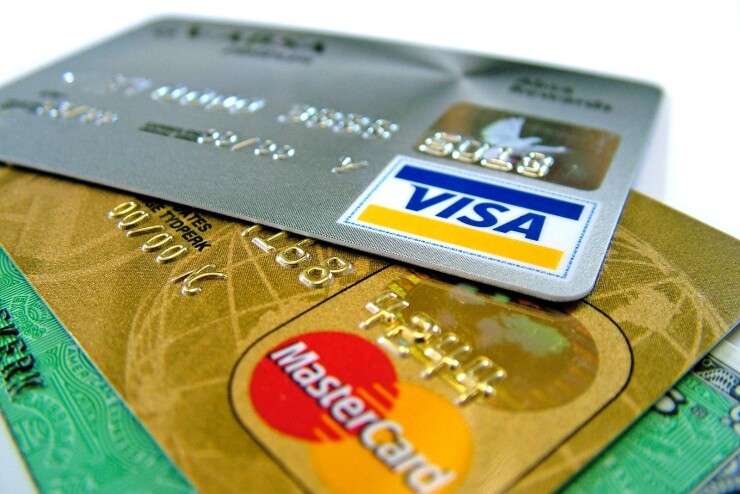Banks are putting the brakes on Britain’s consumer credit boom, according to the Bank of England.
The availability of unsecured credit to households was reported to have decreased “significantly” in the first quarter as lenders tightened criteria for granting both credit card and other unsecured loans, the BOE said in a report published Thursday.
Default rates increased and the tougher lending criteria was partly put down to a changing risk appetite among lenders, which have been increasing unsecured credit by about 10% a year.

The shift could be due to the outlook for monetary policy, with the BOE expected to increase interest rates in May and possibly again later in the year. The Financial Conduct Authority warned this week that even a gradual increase in rates could have a “detrimental impact” on consumers carrying a lot of debt.
“Lenders are getting more cautious,” Liz Martins, an economist at HSBC, said in a note titled ‘Cracking down on credit cards.’ It’s “perhaps as a consequence of the weaker consumer environment and slower economy, but perhaps also in response to the FCA’s concerns.”
Demand for unsecured lending also fell at the start of the year, with a large drop in applications for credit cards, although lenders said they expect this to reverse in the next three months.
“There have been tentative signs of weakening demand for consumer credit although it remains robust,” the BOE said in the Credit Conditions Survey.
The report showed that the contribution of dealership car finance has slowed since mid-2016, having played a large part in the consumer-credit boom of recent years. BOE officials have expressed concern about the surge in borrowing, led by motor finance, which could pose risks to banks and the economy.
The BOE’s findings were based on a survey of lenders between Feb. 19 and March 9.





